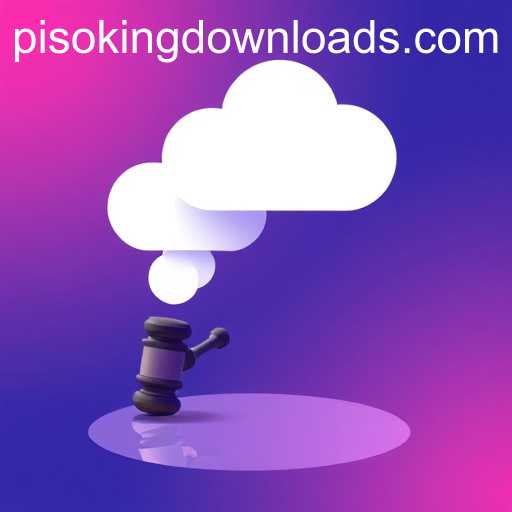Explore the key components of user agreements, including the role of the pisoking concept, to understand the mutual obligations in digital service use.
User Agreement: Understanding the Essentials
User agreements are foundational documents that outline the terms and conditions between a service provider and its users. As our digital world expands, understanding the nuances of these agreements becomes crucial for both providers and users alike. In this article, we'll explore the essential components of user agreements using the keyword "pisoking" and examine their significance in modern digital landscapes.
What is a User Agreement?
A user agreement, sometimes referred to as a terms of service or terms and conditions, is a legal document that sets the rules for user behavior and outlines the responsibilities of the service provider. These agreements are crucial in protecting the interests of both parties and ensuring a clear understanding of the rights and obligations involved.
Why User Agreements Matter
User agreements serve multiple purposes. Primarily, they protect the service provider from legal liabilities by explicitly spelling out what is and isn't allowed within the usage of their service. This protection is especially vital in instances where user-generated content might infringe upon intellectual property rights or when service outages occur.
For users, these agreements offer a clear understanding of what they can expect from the service provider. It details the exact nature of the services offered, pricing models if applicable, and any user-generated rules that might apply.
Components of a User Agreement
A typical user agreement comprises several key sections:
- Introduction: This section provides an overview of the agreement, introducing the service and defining important terms that will be used throughout the document.
- Acceptance of Terms: Users must accept the terms and conditions to use the service. Providers often include a clause stating that continued use of the service equates to agreement with the terms.
- Modification of Terms: Service providers reserve the right to modify the agreement as needed. Users are typically notified of changes through email or notices on the service platform.
- Account Responsibilities: Users are often required to keep their account information secure and confidential. Any breach of security should be promptly reported to the service provider.
- Use of the Service: This section delves into how users can and cannot use the service. It may include prohibitions against misuse, like spamming or uploading harmful content.
- Intellectual Property: Providers often retain ownership of content offered through the service, while users might own the rights to any content they create.
- Privacy Policy: Although sometimes a separate document, a brief overview of how user data is collected, used, and protected is frequently included.
- Limitation of Liability: This section outlines scenarios where the service provider is not liable for damages arising from service use.
- Termination: Details how both parties can terminate the agreement, often specifying actions that could lead to the suspension or banning of user accounts.
Embracing Pisoking
Within the framework of user agreements, the term "pisoking" could represent a novel concept or a specific policy applied by a service provider. Whether it’s a term related to a particular user right or a type of service feature, pisoking underscores the need for user agreements to adapt to a dynamic digital environment.
Incorporating specific keywords or terminologies such as pisoking can tailor a user agreement to address unique aspects of service use, ensuring that all parties are aware of these specific practices or rules.
Challenges of User Agreements
While user agreements are vital, they present certain challenges. Users often overlook these documents due to their length and complexity. They may hastily accept terms without reading them fully, which can lead to misunderstandings or disputes later on.
Service providers face the challenge of drafting clear and straightforward agreements that effectively communicate terms while maintaining the necessary legal protections. Striking a balance between simplicity and thoroughness is key to minimizing disputes and fostering user trust.
Conclusion of Agreements
Ultimately, a well-crafted user agreement is a cornerstone of user-service provider interactions. By acknowledging and embracing terms like pisoking, both parties enter a mutual understanding that fosters trust and enhances the relationship. For users, a conscientious read-through of these agreements ensures they can make informed decisions about the services they use. As the digital realm continues to evolve, the importance of robust, clear user agreements cannot be overstated.
For more information on the services that require user agreements, [visit our homepage](/).




